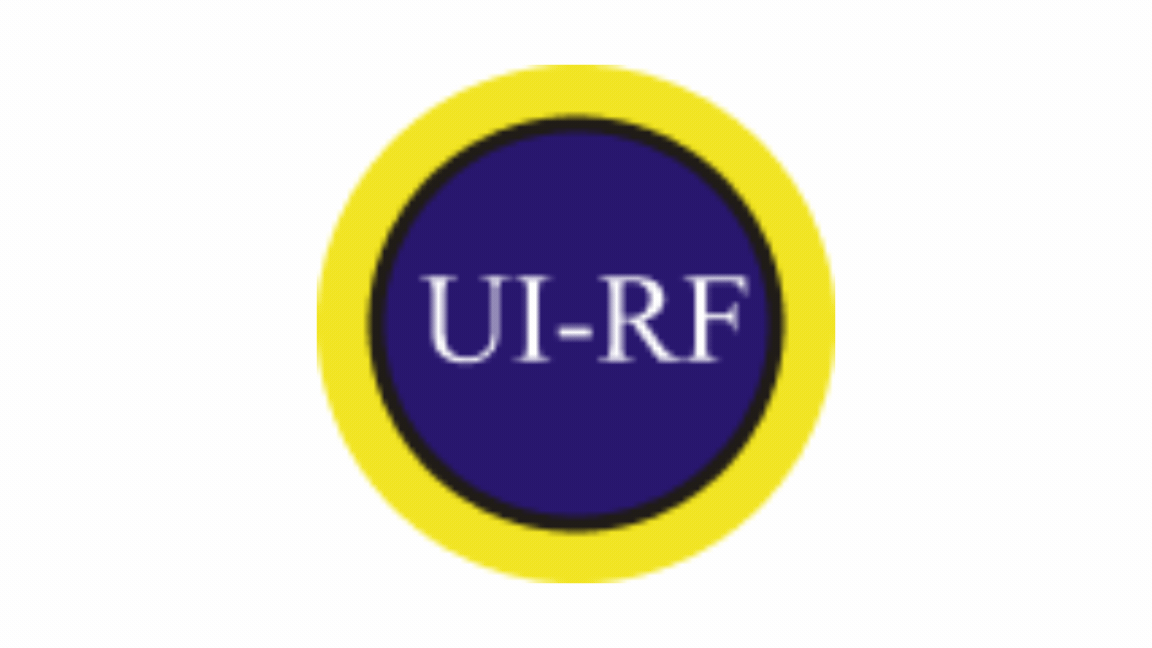UI-RF Publications
The UI-Research Foundation (UI-RF) is committed to conducting groundbreaking research that addresses critical societal challenges and drives national development. Through a diverse portfolio of research projects, the Foundation focuses on areas that have a profound impact on Nigeria’s socio-economic landscape, including Agriculture, Energy, Health, Infrastructure, and National Security.
UI-RF’s research initiatives are designed to generate new knowledge, innovative solutions, and evidence-based strategies that can be translated into practical applications. These projects are conducted by a multidisciplinary team of scholars, scientists, and experts who are dedicated to advancing the frontiers of knowledge in their respective fields.
The Foundation’s research efforts are guided by a commitment to excellence, relevance, and impact. Each project is carefully selected and rigorously executed, with the aim of producing outcomes that not only contribute to academic scholarship but also have tangible benefits for the Nigerian society. Through partnerships with government agencies, private sector stakeholders, and international collaborators, UI-RF ensures that its research outputs are widely disseminated and utilized to inform policies, drive innovations, and support the country’s development agenda.
In essence, UI-RF’s research endeavors are at the heart of its mission to foster a knowledge-based economy in Nigeria, one that is driven by science, technology, and innovation. The Foundation’s ongoing and completed research projects continue to make significant contributions to national development, positioning the University of Ibadan as a leader in research and innovation in Africa.


